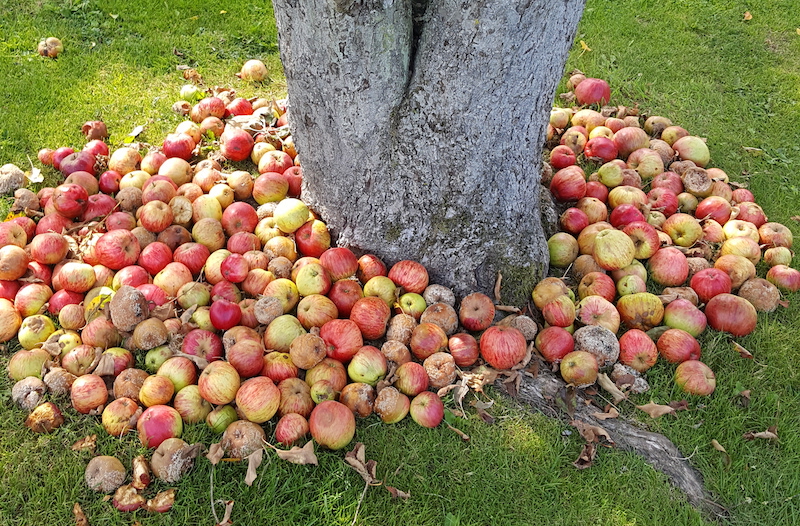As analysts and subject matter experts we are trained to be sceptical and to continuously compare and contrast proposals, ideas, investments and projects. However, the pitfall of comparing and contrasting excessively, or without discernment, is that we stop ourselves learning and embracing new perspectives.
When you go to a meeting, training course or keynote speech do you stand on the perimeter rather than immersing yourself in the presentation?
Do you think:
- the argument has logical inconsistencies or
- I’ve heard it all before or
- I know a better way?
In other words, you compare and contrast what you already know with what is being presented.
Does all the chatter in your head inhibit you from hearing what’s being said and engaging in a different solution?
As my late teacher, Judith E. Glaser, would say you are not “open to influence” and you are engaging in what she describes as Level 11 Conversations. Over 40 years she developed a body of work called Conversational Intelligence®. As Judith explains, in it’s extreme, when you engage in this level of listening ,you can become “addicted to being right” and you tend to ask questions for which you already know the answers.
When I trained in the Mastery in Coaching course with Newfield Network , I was just buzzing with ideas. I was fascinated by how our language, body and emotion create our reality and enable or prevent us from making sustainable changes.
At that time I had selected a coach, who was very different from me. We laughingly described him as “beads and sandals” and me as “stilettos and shoulder pads.” I remember saying to him that I was really excited by all the possibilities that were opening up as I learned more about myself and others. However, I was also resentful.
I was frequently told by my class mates that I was “too analytical” or “too much in my head.” One participant complained to me that by frequently comparing and contrasting her experiences with my own, she felt like I wasn’t really listening to her and honouring her unique experience.
I shared this with my coach and explained that I felt like my analytical identity was being squashed.
I envisaged myself as a pie (well, not literally) with wedges labelled analytical, body, language and emotion. As the B, L and E wedges expanded I felt like the A wedge was being squeezed.
My coach asked me, “ why can’t your pie simply grow and all the wedges expand?”
Duh…. and even more interestingly “how can you become more ABLE?”
OK, so it sounds cheesy, but it was a revelation for me. I now recognise that I have the ability to discern when to be analytical and how analytical to be.
In this series see also my earlier posts Can you ever be too analytical?, The Big Picture and Do you suffer from “analysis paralysis”?
Let me know if you’ve ever had a similar experience. Leave a reply below, email me directly at sylvana@sylvanacaloni.com or call me on UK +44 (0)20 7226 3611 or +44 (0) 7952 068133.


Sylvana, what you are talking to is the 70 year old pivotal psychology theorem of Kurt Lewin that your behaviour is a function of the situation you’re in and your personality. So, your coach is bang on the money. There will be times when the analytical Sylvana will achieve a better outcome than the more conceptual one. However, I’d ask if your analytical “you” is the real you or is this something that is an acquired behavioural characteristic as a result of your career experience that now feels the norm. What data have you got about yourself from psychometrics that will help you really determine you real self and what are learned or coping behaviours. And ABLE is cheesy but I quite like it as a nmenomic! Best wishes!